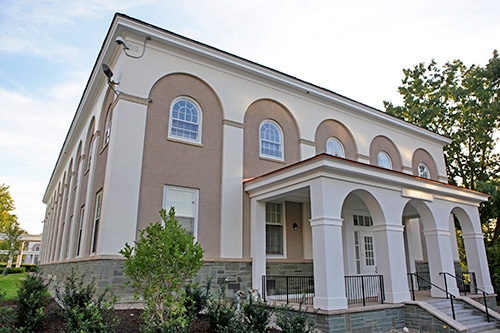The goal of the Political Science Department is to help build within students the knowledge, skills, and desire to be life long public and global citizens. Students are challenged to think critically about their beliefs and understandings of the world around them, while developing the language, analytical and writing skills necessary for them to present these ideas effectively to others. Beyond the classroom we hope to provide students with the inspiration and opportunities to engage with politics in its multiple forms and locations.
We offer instruction in the four traditional subfields of the discipline of Political Science: American Politics, International Relations, Political Theory, and Comparative Politics.
